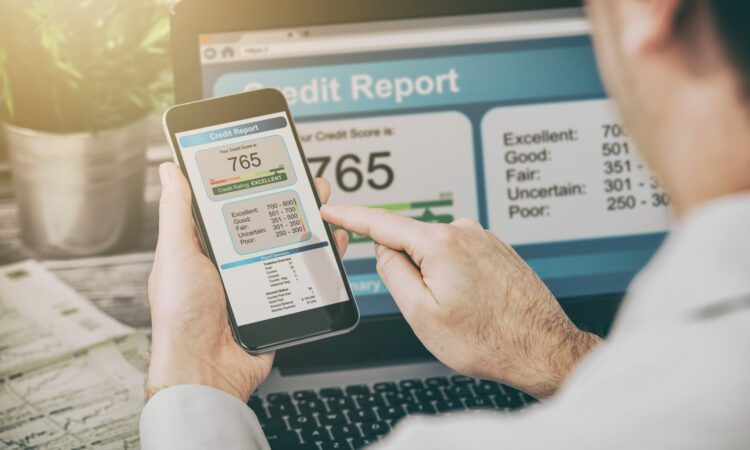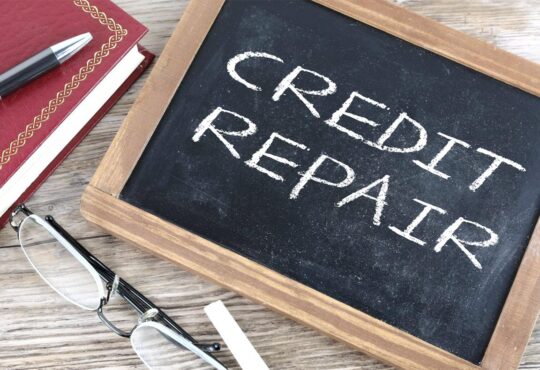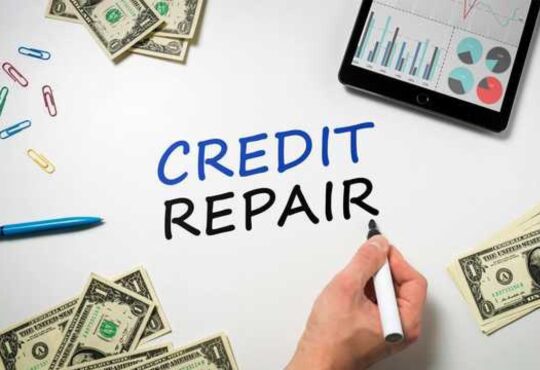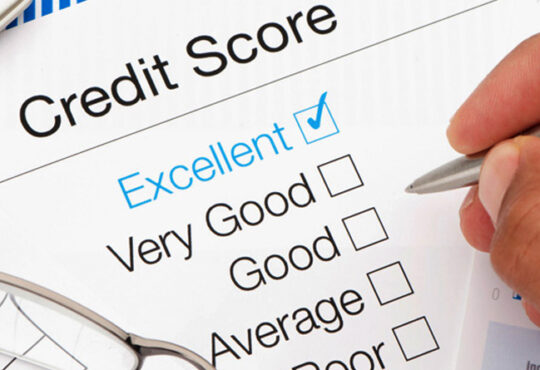
Credit records can be seen by people who use credit cards and loans. A credit report shows how responsible you are with money. Banks and other financial institutions look at an applicant’s credit history and credit score, but this information can be interpreted in different ways.
The process of calculating your credit score
This is the normal way to figure out scores. Your credit score is based on how well you have paid your bills in the past and how you use credit. Length of credit history and balances at the moment. There are 5% new credit accounts and 3% credit that is ready to be used. The range of credit scores is from 300 to 850, with higher scores showing better credit. TransUnion can check your credit report if you integrate with its credit data using the TransUnion API integration.
What has had the biggest impact on your credit?
Your payment history will show your late payments and other payment problems. Your credit report shows how you’ve handled your accounts in the past, including when and how much you’ve paid and if you still owe money. Your credit mix is made up of mortgages and credit cards. Credit scores are based on several things, like the types of credit you have and how many accounts you have.
What is my credit score with the “Big Three” agencies?
The three big credit companies; TransUnion, Experian, and Equifax, keep an eye on the credit histories of people in the United States. Your credit report can be seen by tenant screening services, mortgage lenders, credit card companies, and other companies that may give you credit. Even though your credit score is good, it’s strange to be turned down for a loan. Most likely, the credit score you see and the one your bank or other lender sees is different. Some subscribers may not use the same credit reporting agency, so the information in their reports may be different.
Once a year, check your credit report and score to make sure they are correct. You are required by law to get a free copy of your credit report once a year. Credit reports should be checked all the time, every day of the year. TransUnion has services like Credit Lock and Instant Alerts that are at the cutting edge of credit monitoring. With the help of these systems, mistakes, fraud, and other problems that could cause interest rates to go up can be found.
What parts of your consumer history don’t affect your credit score?
Learning which parts of your score matter and which don’t can help you figure out which ones don’t. The financial score of a person doesn’t say anything about the person. There are no differences based on age, race, religion, or whether or not someone is married. The person’s business, income, or profession is also not taken into account.
How to take Care of Credit
A credit bureau needs to look at your credit report to give you a score. You only need data from the last six months to make a score. The way someone has paid their bills in the past could affect their credit score. Don’t worry about small changes in your credit score. Your credit score is a measure of how well you meet your financial obligations. If you pay your bills on time, keep your balances low, and don’t take on any new debt, your credit score will go up.








